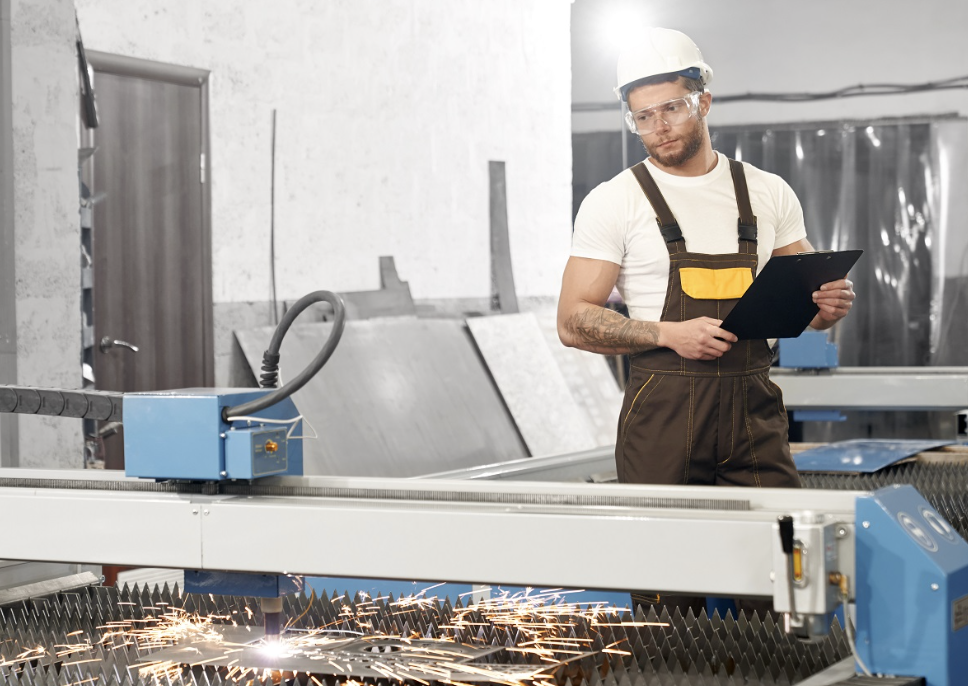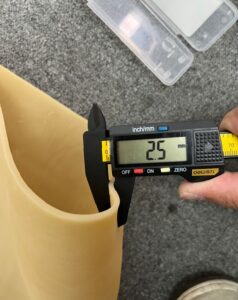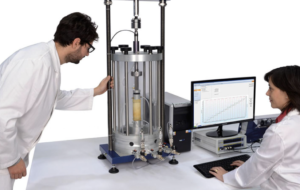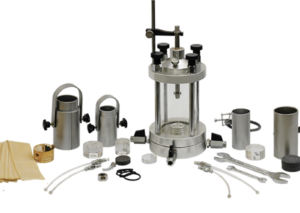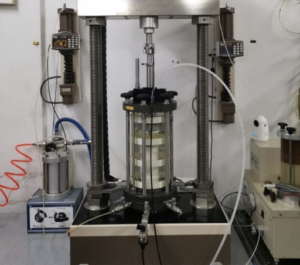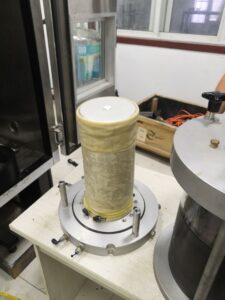What Machines Are Used for Shearing?
Shearing machines are specialized tools designed to cut or shear materials, ranging from soil samples in engineering labs to heavy metals in manufacturing. Choosing the right shearing machine ensures precision, efficiency, and safety in various industries.
What Is a Shearing Machine?
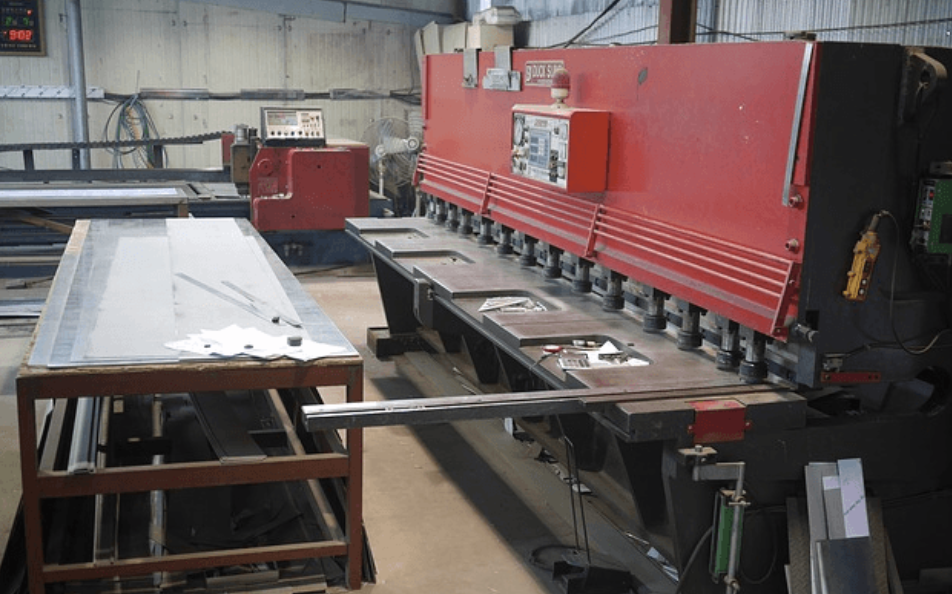
A shearing machine applies force to slice or shear materials cleanly without forming chips or using burning methods. These machines are crucial across diverse applications such as geotechnical testing, metal fabrication, and manufacturing, providing fast, clean, and precise cuts.
Which Machines Are Used in Soil Shearing?

In soil mechanics, specific equipment is essential for testing shear strength:
- Direct Shear Apparatus1: Applies horizontal shear force to soil samples.
- Triaxial Shear Test Machines2: Simulates real-world stress conditions for precise strength measurement.
- Ring Shear Machines3: Continuously shear soil samples, useful for residual strength testing.
| Machine Type | Application in Soil Testing |
|---|---|
| Direct Shear Apparatus | Measures soil shear strength directly |
| Triaxial Shear Tester | Evaluates shear strength under controlled pressures |
| Ring Shear Machine | Determines residual strength in landslide analysis |
What Machines Are Common in Metal Shearing?
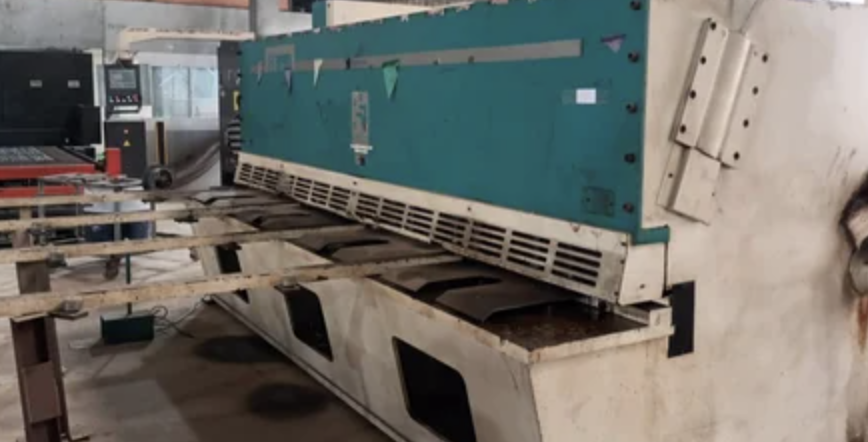
Metal shearing commonly uses machines designed to handle thicker, tougher materials:
- Hydraulic Shears4: Offer high force, suitable for heavy-duty metal cutting.
- Mechanical Shears5: Ideal for high-speed production with thinner metal sheets.
- Guillotine Shears6: Provide precise straight-line cutting capabilities.
| Machine Type | Primary Use | Typical Materials |
|---|---|---|
| Hydraulic Shears | Heavy-duty metal fabrication | Thick steel, aluminum |
| Mechanical Shears | Rapid, repetitive cutting tasks | Sheet metals, alloys |
| Guillotine Shears | High-precision, straight cuts | Thin to medium gauge metals |
Are Manual Shears Still Used Today?
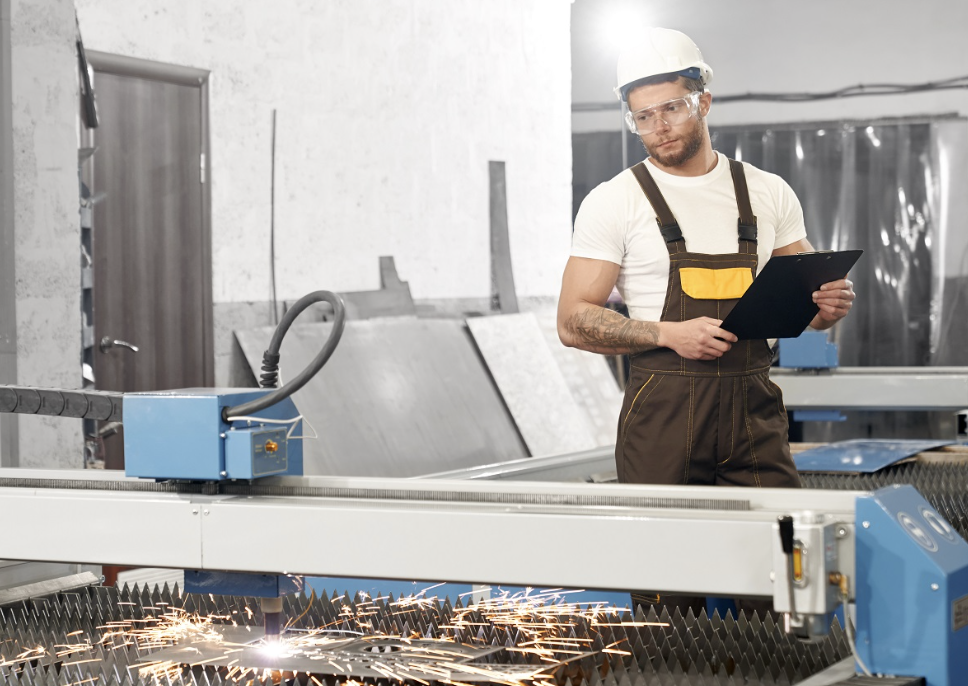
Yes, manual shears7 remain popular in various applications:
- Small-scale tasks: Ideal for precise and small-volume projects.
- Craftsmanship and DIY8: Preferred for hands-on control and affordability.
- On-site jobs: Portable and convenient in areas without power access.
| Advantages | Limitations |
|---|---|
| Cost-effective9 | Limited force for thicker materials |
| Highly portable | Not suitable for mass production |
| No power required | Requires manual labor and skill |
Conclusion
Different shearing machines serve specific purposes across industries—from precise soil testing to heavy metal cutting. Selecting appropriate machinery ensures efficiency, accuracy, and safety, whether choosing modern hydraulic systems or traditional manual tools.
-
Explore this link to understand how the Direct Shear Apparatus measures soil shear strength effectively. ↩
-
Learn about the functionality of Triaxial Shear Test Machines and their importance in simulating stress conditions. ↩
-
Discover the role of Ring Shear Machines in determining residual strength, crucial for landslide analysis. ↩
-
Explore the advantages of Hydraulic Shears for heavy-duty applications and their efficiency in metal fabrication. ↩
-
Learn how Mechanical Shears enhance productivity and are ideal for high-speed cutting tasks in various industries. ↩
-
Discover the precision and efficiency of Guillotine Shears for straight cuts in metalworking applications. ↩
-
Explore the advantages of manual shears for various applications, enhancing your understanding of their practical uses. ↩
-
Discover how manual tools like shears can elevate your DIY projects and craftsmanship skills. ↩
-
Learn about cost-effective tools that can save you money while delivering quality results in your projects. ↩

